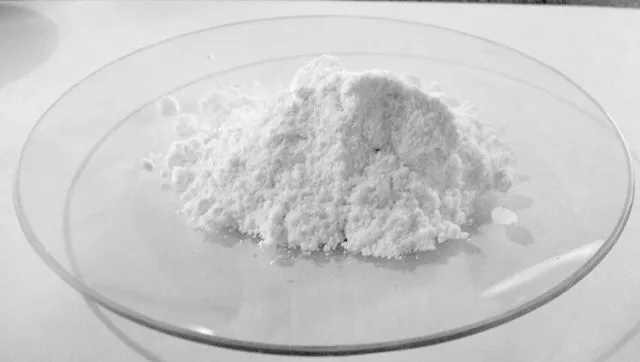Soil is more than dirt—soil is a living entity. Compacted or clay-rich soils will strangle plant roots and hold water, causing it to grow poorly. Sodium bicarbonate can work here, too. Its sodium content enhances the structure of soil by loosening compacted particles, permitting the free movement of air and water. This comes in handy on heavy soils with drainage issues.
A farmer in a rainy area may have fields that are waterlogged following a storm. Adding sodium bicarbonate loosens up the soil, allowing excess water to drain out while retaining sufficient moisture for crops. It's similar to providing your soil with a fresh breath of air, and your plants will appreciate it.
How to Use Sodium Bicarbonate in Agriculture
Ready to give sodium bicarbonate a go on your farm? It's simple to apply, but some know-how helps. Here's a quick primer:- For Adjusting Soil pH: Test your soil first (kits can be found at garden centers). If it's too acidic (less than 6.0), mix 1–2 tablespoons of sodium bicarbonate per gallon of water and spray it on the soil. Re-test in a week and adjust accordingly.
- As a Fungicide Spray: Mix 1 teaspoon of sodium bicarbonate with a quart of water and an added drop of dish soap (for sticking ability). Spray on infested plants every few days until the fungus is gone.
- For Soil Structure: Lightly dust sodium bicarbonate over soil (approximately 1 pound per 100 square feet) and rake or till in.
Begin with small amounts to observe how your crops and soil react. Excess sodium bicarbonate can elevate pH too high or introduce too much sodium, so use it sparingly.
Advantages of Sodium Bicarbonate in Contemporary Farming
Why are farmers abuzz about sodium bicarbonate? Here's why it's the best bet:
- Cost-Effective: It's inexpensive compared to commercial pesticides and fertilizers.
- Environmentally Friendly: Sodium bicarbonate is a natural substance that degrades on its own without leaving any toxic residues.
- Versatile: It does pH control, pest control, and more.
- Safe: It's not toxic to people, animals, or beneficial insects such as bees.
In a world where sustainable agriculture is more crucial than ever, sodium bicarbonate is the ticket. It's low cost and low impact means keeping soils and crops healthy without breaking the bank or harming the environment.
Real-Life Success Stories
Farmers worldwide are experiencing success with sodium bicarbonate. An Indian rice farmer applied it to resist soil acidity and increased his yield by 15% in one season. An American vineyard owner sprayed sodium bicarbonate onto grapevines to combat mildew, and they saved their crop without the use of chemicals. These experiences demonstrate how one simple substance can address major issues.
Potential Drawbacks to Watch For
Sodium bicarbonate is not flawless. Too much of it makes soil too alkaline and kills plants which like acidic conditions (such as blueberries). It even introduces sodium, which may accumulate in the soil in the long run, particularly in dry areas. Test your soil often and apply sodium bicarbonate as part of a well-rounded strategy to avoid trouble.
Sodium Bicarbonate vs. Other Soil Amendments
How does sodium bicarbonate compare with lime or sulfur? Lime also increases pH but is slower-acting and perhaps more difficult to use.With its speed and usability, sodium bicarbonate stands out: it takes effect promptly and is also a fungicide, so it is a jack-of-all-trades in the garden.
The Future of Sodium Bicarbonate in Agriculture
As climate change and soil loss impose pressure on agriculturalists, sodium bicarbonate will likely play an even greater role. Scientists are researching how to use it for organic farming and dry land agriculture. Being user-friendly and effective, it stands to be part of mainstream farming in today's world, helping farmers deal with a changing world.
Sodium bicarbonate is baking soda on steroids—it's the farmer's best buddy. From acidifying soils to combating fungal disease and enhancing nutrient absorption, this common substance brings major dividends with minimal fuss. It's testament that at times the least complex solution can be the strongest. As a tiny gardener or an expansive agriculturalist, sodium bicarbonate is here to enable you to have healthier, happier crops.
Here at Humic Factory (humicfactory.com), we believe in sustainable farming. Our series of natural soil conditioners complements devices like sodium bicarbonate, providing you with all the tools you need to care for your land. Check us out and see how we can assist your farming process with environmentally friendly products that deliver.
FAQs





